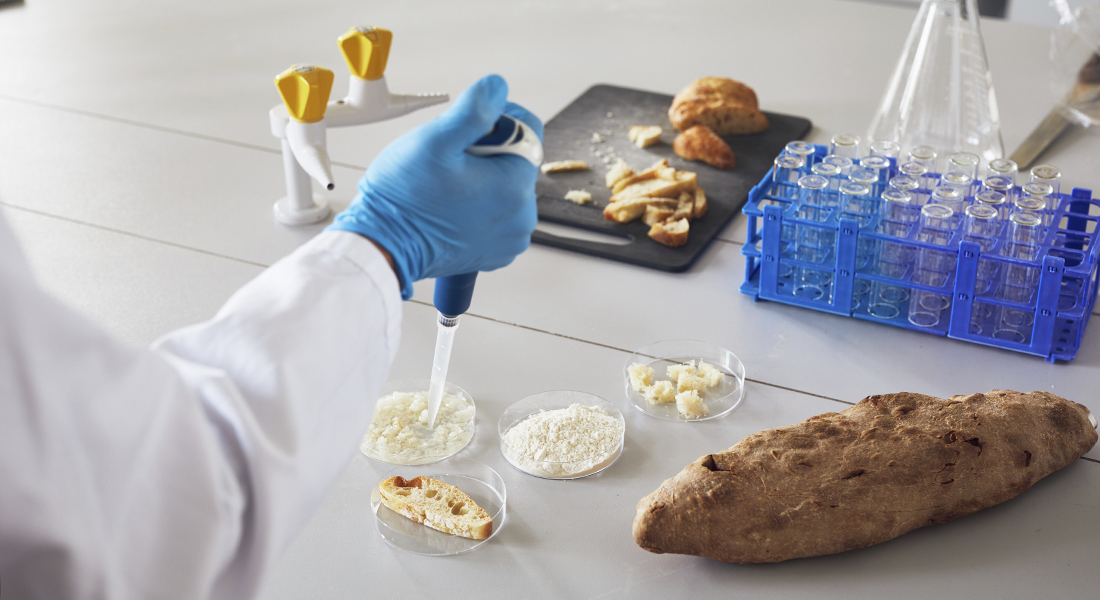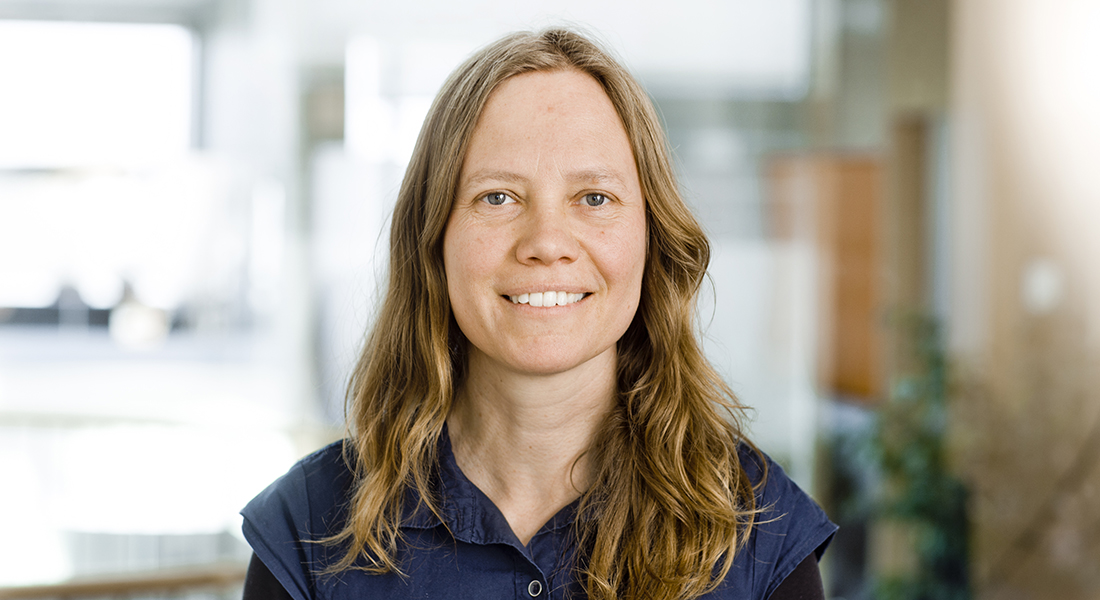HealthFerm Citizen Science is calling on sourdough bakers and fermentation enthusiasts
During a series of workshops, home bakers can share their experience in baking sourdough bread as a part of the pan European research project HealthFerm.

As a part of the HealthFerm pan European research project the University of Copenhagen collaborate with Umeå University, ETH-Zurich and Institute Lyfe (former Institute Paul Bocuse) on investigating perception and acceptance of fermented plant-based foods. The partners will explore and identify fermenters profile in different EU countries using citizen science approaches and develop an atlas of fermented foods of Europe.
"By combining our forces within social science, citizen science, food science and public health we hope that we as HealthFerm partners can pave the way for a green dietary transition in Europe and strengthen the collaboration between science and food industry to get healthy, tasty and sustainable products with natural ingredients," says Associate Professor at the Department of Food Science, at the University of Copenhagen (UCPH FOOD), Helene Reinbach.
The knowledge from the surveys in HealthFerm will be used to determine consumer acceptance and key success factor for implementation of innovative fermented foods.
The foods developed in HealthFerm - a fermented plant-based drink, a yogurt and a plant-based meal - will with expertise from the partners be integrated into tasty, healthy and sustainable meals that will be tested by consumers in realistic settings in the Future Consumer Lab at the University of Copenhagen. Researchers from Department of Food Science, Associate Professor Helene C. Reinbach (Team leader) and Associate Professor Michael Bom Frøst (Deputy Team Leader) will lead and run the behavioral meal study in Future Consumer Lab.

How to join as a citizen
In HealthFerm, citizen engagement lies at the heart of the research activities. Hence, a series of co-design workshops will be hosted throughout Europe in different languages. During these workshops, home bakers can share their experience in baking sourdough bread and tell the project team which scientific information about their sourdough starter they are interested in. This information will then be used to adapt the HealthFerm research questions according to the outcome of the workshop. After these workshops are concluded, the HealthFerm team will commence sample collection for the sourdough citizen science project. During this participatory science approach, home bakers from different countries are invited to send in samples of their sourdough starter. You can register at the HealthFerm website.
About fermentation
Fermented foods are present in our daily diet and across different food cultures: from (sourdough) bread to beer, wine, pickles, sauerkraut, miso, kombucha and many more. Fermentation is on the rise, and many people make their own fermented foods at home. Fermentation technology could help us transition to more plant-based diets. HealthFerm wants to understand the relationships between microorganisms involved in food fermentation, the fermented food products resulting from these processes, and their effects on human health.
HealthFerm aims to explore fermentation
At first, citizen scientists will provide information about their fermentation practices and attitudes towards fermented foods. Based on two questionnaires, researchers will select up to 1,000 citizens who can send their fermented foods for analysis, with an initial focus on sourdough.
Depending on the geographical location, citizens can send their samples to five different partners across Europe: ETH Zurich (Switzerland), Institute of Biology Bucharest (Romania), University of Bolzano (Italy), University of Helsinki (Finland) and Vrije Universiteit Brussel (Belgium). ETH Zurich and KU Leuven (Belgium) will coordinate the citizen science project. Umeå University (Sweden) and the University of Copenhagen (Denmark) will use the data on the attitudes to inform the scientific community and policymakers about the requirements to advance and support a transition towards a more plant-based diet in the best possible way.
The microorganisms isolated from fermented foods will be used to further investigate innovative pulse and cereal-based food fermentations, together with the health effects and consumer perceptions of novel fermented foods. Data on the microorganisms, genome, and metabolites discovered in the fermented foods from citizens will become available via an online, open access food microbiome atlas where participants will be able to assess and compare the microorganisms from their fermented foods. Citizens in four countries were actively involved in the co-design of the questionnaires and of the sampling kit. After an initial testing period, the large-scale citizen science project is now ready to start!
Contact
Associate at the Department of Food Science, University of Copenhagen (UCPH FOOD) Professor Helene Reinbach, helene.reinbach@food.ku.dk
or
Communications Officer at UCPH FOOD Lene Hundborg Koss, lene.h.koss@food.ku.dk
